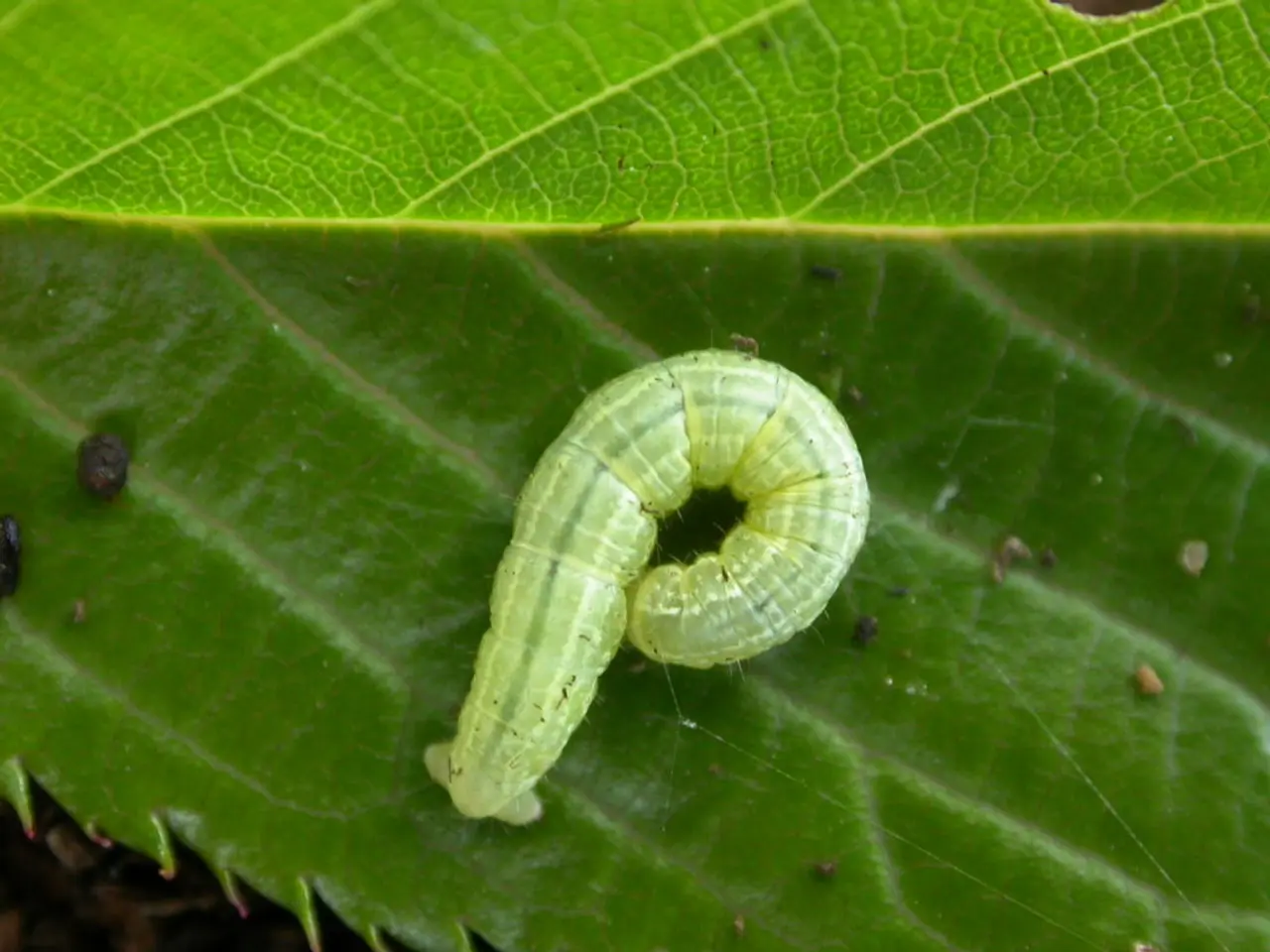Guinea Worm Disease Eradication in Sight as 2024 Sees No New Cases in Three Countries
Guinea worm disease, caused by the Dracunculus medinensis parasite, has seen a significant decline in 2024. No new human cases were reported in three previously endemic countries: Ethiopia, Angola, and Mali. This marks a major achievement in the fight against this neglected tropical disease.
The guinea worm parasite is typically found in stagnant water. People become infected by drinking contaminated water, allowing larvae to enter the stomach and intestines. The larvae grow into adult worms, causing arthritis and emerging painfully through the skin. While the disease is still endemic in Chad and South Sudan, with 15 cases reported globally in 2024, the decrease is a significant step towards eradication. Other animals, such as domestic dogs, can also be infected, presenting additional challenges to eliminating the disease. In 1989, over 890,000 human cases were recorded worldwide, highlighting the remarkable progress made in controlling the disease.
The decline in guinea worm cases in 2024 is a testament to global health efforts. While the disease remains present in Chad and South Sudan, the absence of new cases in Ethiopia, Angola, and Mali brings the goal of eradication closer. Continued vigilance and international cooperation are crucial to overcome the challenges posed by animal infections and achieve the ultimate goal of eradicating guinea worm disease.




